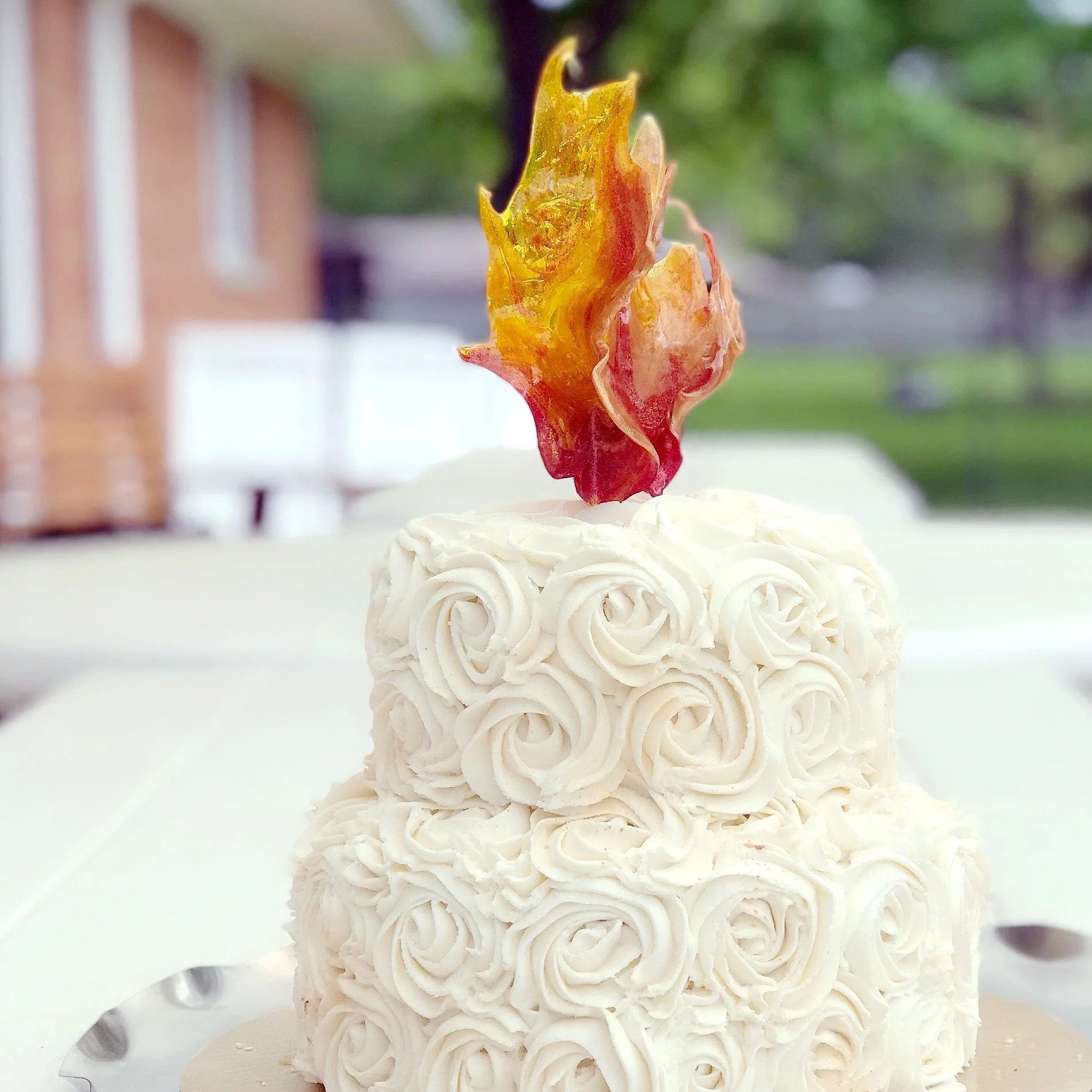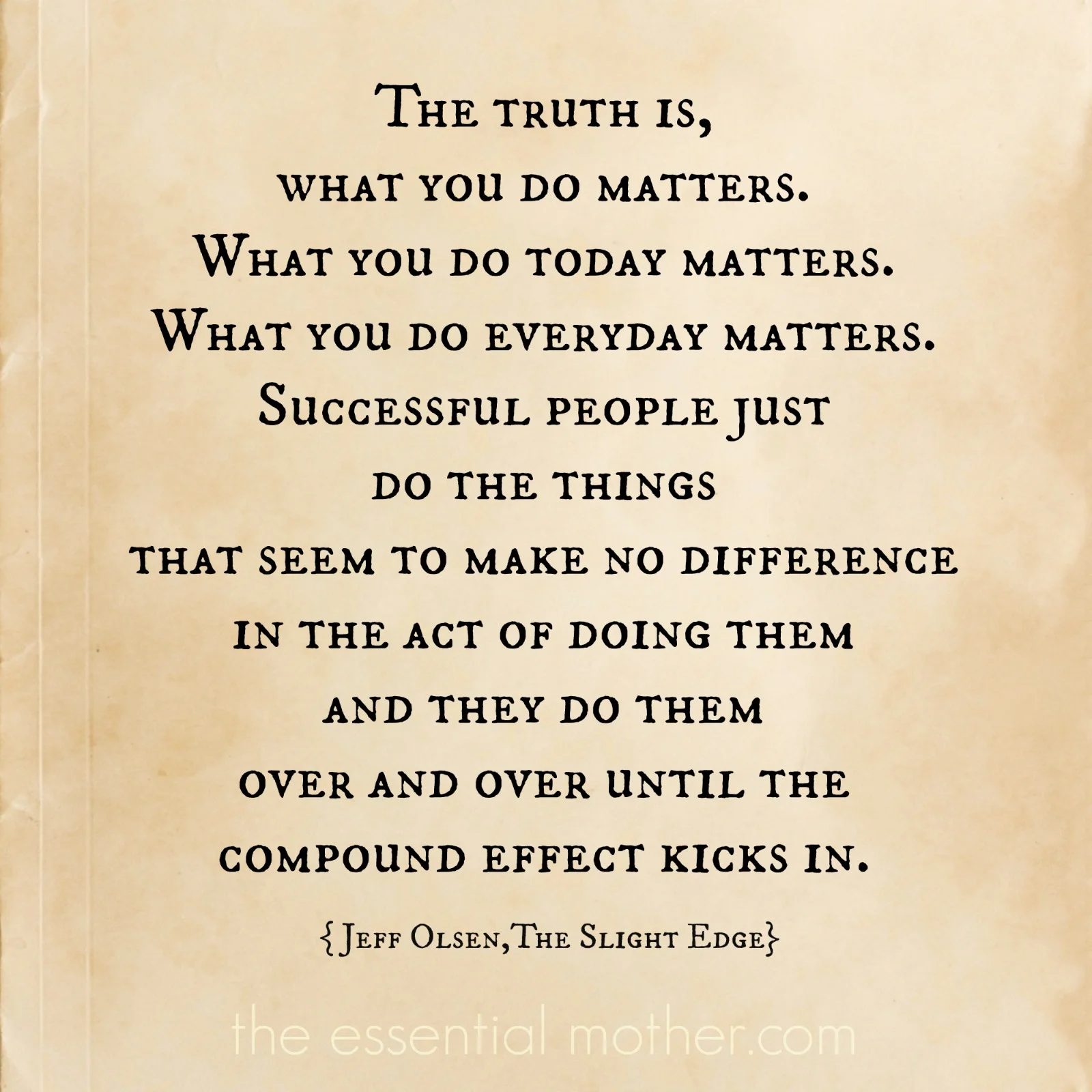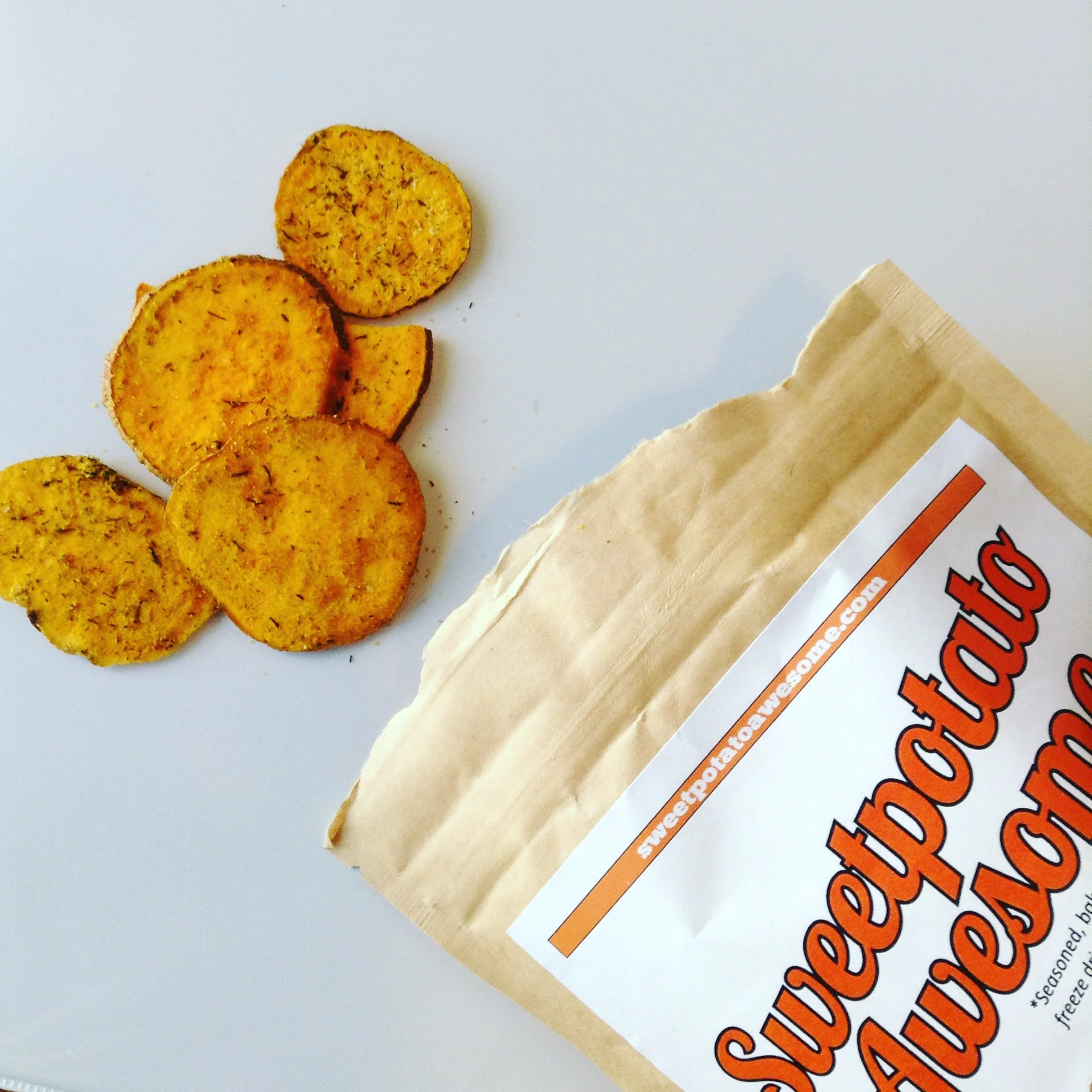Healing Autoimmune Disease Naturally: Is it Possible?
/Whether or not Lupus (or any autoimmune disease) can be healed naturally has become an important question in my life. After suffering for two decades with chronic illness and actively seeking answers for the majority of that time, I finally have a diagnosis of Lupus. Diagnosis is a complicated thing; it is both a relief and a burden. In my case, it brings the undesirable news that I have an incurable disease in which my body attacks its own major organs and joints.
Bummer.
Until the 1950's, prognosis for someone with Lupus was grim, but medical advancements have greatly extended the lifespan of the average person with the condition. The "medical advancements" of which I speak are primarily medications which suppress the immune system; medications such as chemotherapy and steroids.
I've spent many hours hanging out in the internet Lupus forums, and discussions are as often about how to deal with the negative side effects of the medications as they are how to deal with the original Lupus symptoms. That is the double edged sword of all pharmaceuticals: They are a tremendous blessing when we need an intervention that a natural resource cannot provide; but they can also become a terrible burden, giving us a new set of sufferings in exchange for the old ones.
MEDICATIONS CAN'T HEAL THE BODY
The truth is that prescription drugs cannot heal us. Healing can only come from the body itself. The body dies when it can no longer protect and restore cells and body systems with or without assistance from pharmaceutical and natural resources. Prescription drugs cannot heal us if the body cannot, at some point, pick up the burden and continue healing and fighting on it's own.
A great example of a complicated pharmaceutical is antibiotics. We have a false notion that these little pills will kill an infection in its entirety and we can just sit back and let it happen to us and life in our body will go on as usual. The reality is that if our immune system doesn't ever engage the infection alongside the antibiotics, we will die.
Antibiotics are a great example of the non-specific nature of prescription drugs. While they stop infection, they are not discerning and also kill off the good bacteria which live in the gut and comprise the majority (70%) of the body's immunity. It starts to get complicated. And in our desire to heal, we decrease our body's natural ability to do so.
Our participation in that healing is often passive and even interfering. We proceed with our unhealthy habits and can't understand why the meds don't "work" the first time around... Or why our chronic cough/sinus infections/etc seem to continuously plague us.
THE NATURAL SOLUTION
The natural solution is not necessarily easy but it is a simple concept. It says: "I will focus on strengthening my body systems according to nature's design in order to protect against and battle disease." Even if we must take medications to survive, it is foolishness to ignore the basic needs of the body.
So... While I don't know that I can "cure" my Lupus, I do believe that I can manage my symptoms to some degree by honoring the fundamental biologic needs of my body. I believe it first because I have done it. I believe it also because science and research confirms that experience.
I have been managing quite well for the last 6 years (pre-diagnosis) with nutritional changes alone until recently when I experienced a lengthy flare which I could not fully control. On some level, I knew it was coming. I had been telling myself for months that I needed to stop my increasingly frequent sugar splurges... and I was conscious of carrying a stress load far too heavy for me. I also had stopped supplementing regularly just out of pure laziness. When the flare hit, I immediately cleaned up my diet, decreased my obligations, increased my sleep, expanded my essential oil use, and started my supplements again. I believe those things (along with other natural wellness resources) kept me out of the hospital.
MOVING FORWARD
I once believed I was headed for life in a wheelchair and in ONE WEEK of dramatic dietary overhaul was able to change that trajectory. If I was able to do that only by eliminating toxic garbage from my diet, I feel confident that I can make further strides with greater application of a healthy lifestyle.
By "healthy" lifestyle, I mean one in which I am addressing (naturally) the following factors:
Nutrition
Stress
Toxic Load
Sleep
Physical Movement
An honest assessment of the last 6 years tells me that I was only partially addressing #1 and #3 and yet still experienced what felt like miraculous healing. I have to ask: What more can I do for myself before I add prescription drugs to my lifestyle? There's so much room for improvement.
By the way, all of the five healthy lifestyle categories above are specifically mentioned on mainstream Lupus sites as Lupus triggers:
Poor Nutrition
Stress
Exposure to Toxins
Poor Sleep Habits
Sedentary Lifestyle
It is quite exciting to me to see that each of these categories has a corresponding natural solution! If I cannot eliminate my Lupus, I can surely make giant strides in managing it.
BUT CAN AUTOIMMUNE DISEASE BE CURED?
I don't know. But I've seen plenty of evidence that people have at least been able to fully control their symptoms (meaning they have zero). I have read many accounts of people overcoming life threatening disease with only the changes that I have made. Cancers killed. Diabetes reversed. Rheumatoid Arthritis eliminated. People leaving wheelchairs behind. Very sick children becoming well again. Once I started paying attention, I realized that there is a large body of evidence suggesting that it is possible.
Am I crazy? Well, if I am, I'm certainly in good company...
Dr. Amy Myers is one resource I have been turning to lately. She is one of many functional medicine physicians out there who are successfully treating people with autoimmune disease. She says:
"In conventional medicine, the belief is that once you have an autoimmune condition, there’s nothing you can do to reverse it, only ways to manage the symptoms. Managing the symptoms typically involves harsh medications that are aimed at suppressing your immune system. While these medications can be effective at reducing some of the symptoms of the disease, since they suppress the entire immune system, they are not without many unwanted side effects such as fatigue, weight gain, depression, increased infection rates and even cancer.
In contrast, functional medicine sees the body as a whole and works on the principle that the health of one system impacts the health and function of the others. Instead of focusing on disease symptom management, we focus on supporting and strengthening the immune system by getting to the root of why the immune system went rogue in the first place. While there is no known cure for autoimmune disease, I believe that there are five key elements that are at the root of all autoimmune conditions. In my functional medicine practice I have been able to successfully help hundreds of patients lower and reverse antibodies, get off their harsh medications, and become symptom free."
Then there's Dr. Mark Hyman who writes about practical steps to healing autoimmune disease. He directs a functional medicine institute at a world-renowned hospital in my area.
There's Dr Terry Wahls, a physician who healed her progressive MS through diet (The Wahls Protocol) and has been awarded $1 million dollars by the National MS Society to run a clinical trial based on her research.
And here's a list of the "Top 50 Functional and Integrative Medicine Doctors" compiled by Dr. Josh Axe, who is doing so much amazing work in his own right.
THIS IS NOT A FAD
Healthy living is not a fad. It is a response to a culture that has been consistently deviating from a biologically appropriate course of overall health care. I am so glad to see a growing body of professionals who are committed to restoring what has been lost and embracing the best of what is new.
For those of you new to this journey, here are some of my favorite resources. There are more... so many more... but diving in to even one of these will keep you occupied and inspired for a long, long time.
Autoimmune Wellness is an amazing website and community that is helping countless people restore their health. I highly recommend Mickey and Angie's book The Autoimmune Wellness Handbook as well as their cookbooks. Also check out their website and links if you want to have your mind blown and hope restored.
The Paleo Mom (aka Dr. Sarah Ballantyne) is another mind blowing resource. She is the creator of the AIP Diet (Autoimmune Protocol) and the author of "The Paleo Approach: Reverse Autoimmune Disease and Heal Your Body"
Dr. Amy Meyers is another powerhouse of help and hope. Her book is called The Autoimmune Solution: Prevent and Revers the Full Spectrum of Inflammatory Symptoms and Disease and is a tremendous resource along with her website.
The GAPS Diet has been a source of healing for so many. You can pick up a copy of Dr. Natasha Campbell-Mcbride's book, Gut and Psychology Syndrome: Natural Treatment for Autism, Dyspraxia, A.D.D., Dyslexia, A.D.H.D., Depression, Schizophrenia. And also check out her website for more resources.
There are so many more resources I want to share but I've already dropped enough links to send you down the wellness rabbit hole for a year!
I will continue to share my journey with you on these pages and on social media. Blogging has always been an amazing source of support and accountability in other areas of my life... and now I know will continue to be that blessing for my short and long term health.
I am so glad to have you with me! My dream is to be able to enjoy the sunshine again without triggering sickness. What is your dream?


























































